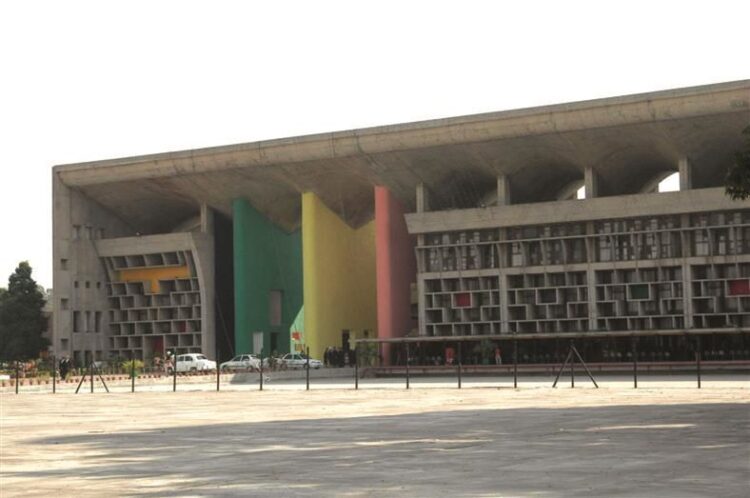Investigation agency’s involvement in a murder case is unethical: Punjab and Haryana High Court
The Punjab and Haryana High Court has declared that the investigative agency’s involvement in a murder case seems to have been improper, which is embarrassing for the Punjab Police. The argument was made in response to Justice Harkesh Manuja observation that there was little justification for the two attackers’ continued evasion of capture even after they had been officially designated criminals.

Judge Manuja noted that two attackers who were identified in the FIR for carrying a handgun and giving the victim gunshot wounds had not yet been caught and were proclaimed criminals. However, the court had not received a suitable response in this respect. Throughout the trial, it strengthened the complainant’s position that she was being threatened.
The criticism was voiced at Gurkirat Singh Virk’s third petition hearing. In a FIR filed in September 2017 at the Banur police station, he was requesting regular bail in relation to charges of murder and other offenses under Sections 302 and 120-B of the IPC as well as the Arms Act. He was accused of “actively participating in Daljit Singh’s, alias Pinchi’s, murder.”
His attorney argued, among other things, that the petitioner had not been named in connection with the overt conduct. It was alleged against him that he was in a car with other accomplices when it arrived at the “spot.” But there was nothing linking him to the purported offense. Charanjit Singh Bakshi, the complainant’s attorney, countered that the petitioner was recognized by witnesses as the driver of the car.
After a thorough review of the relevant facts, records, accusations made in the formal complaint, and the graphic nature of the offense, Justice Manuja declared that the petitioner was not entitled to be granted bail.
The petitioner could not be granted normal bail based only on the fact that he had been incarcerated for four years and five months. In addition to the rights of the dead and the complaint, the custody term also needed to be balanced and taken into account.
Justice Manuja said that the petitioner’s claim that the complainant’s non-appearance was a contributing factor in the trial’s postponement was included in the narrative. On the contrary, because of the complainant’s “persistent threat perception from the accused,” the complainant felt obligated to contact the court for a fair inquiry.
The claim that the dead were personally engaged in eight criminal instances is unpersuasive because it does not provide the petitioner with the authority to have him removed when, at most, he may have been prosecuted. The occurrence in issue seems to be the result of political competition, which adds to its seriousness since it affects the democratic system as a whole, according to Justice Manuja.







